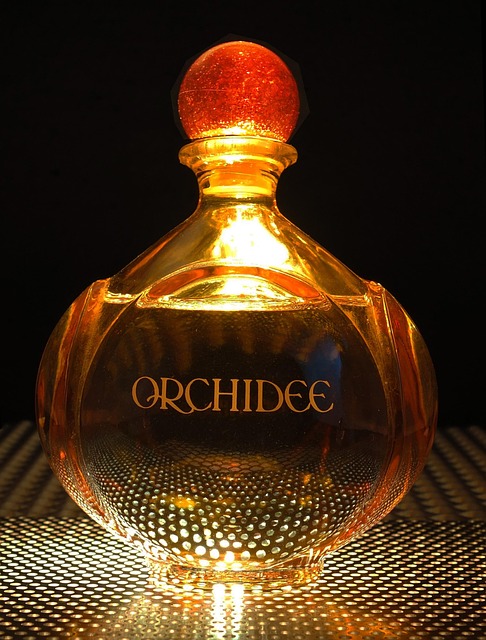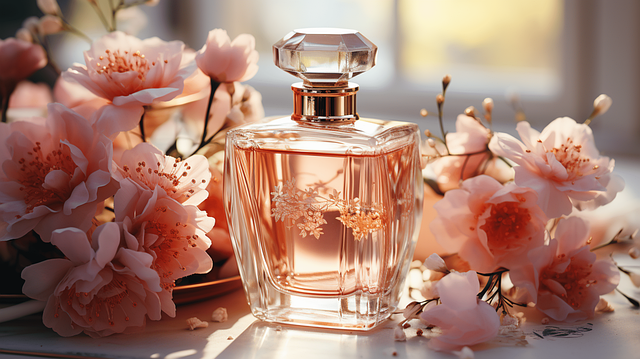“Unveiling the truth behind beauty product claims, this article delves into the often-misunderstood worlds of cruelty-free and vegan standards. With a focus on the iconic Elizabeth Taylor Perfume, we examine its ingredient list and sourcing to challenge common labels. ‘Cruelty-free’ isn’t always what it seems—we deconstruct this term to uncover potential loopholes. By exploring these concepts, readers will gain a clearer understanding of how to make ethical choices, ensuring their beauty routines align with animal welfare.”
- Understanding Cruelty-Free and Vegan Standards
- Elizabeth Taylor Perfume: Ingredients and Sources
- Deconstructing 'Cruelty-Free' Label Claims
Understanding Cruelty-Free and Vegan Standards

When it comes to understanding cruelty-free and vegan standards, it’s essential to grasp that these terms have distinct meanings. Cruelty-free primarily focuses on ensuring that no animal testing is conducted for the development or production of a product. This includes cosmetics, skincare, and even household goods, where manufacturers commit to not harming animals in any stage of creation. On the other hand, veganism goes beyond animal testing; it advocates for the non-use of any animal-derived ingredients or by-products. This philosophy extends to clothing, food, and personal care items, aiming to exclude any form of animal exploitation.
For instance, iconic brands like Elizabeth Taylor Perfume have been at the forefront of adhering to these standards. Their commitment to cruelty-free practices ensures that no animal testing is involved in their product lines, catering to consumers who value ethical production. Similarly, when considering Elizabeth Taylor Cologne or other personal care products, vegan certification indicates a thorough absence of any animal-sourced components, appealing to those seeking holistic and animal-friendly options.
Elizabeth Taylor Perfume: Ingredients and Sources

The iconic Elizabeth Taylor Perfume line has captivated lovers of fragrance for decades, but discerning consumers often ask about its cruelty-free and vegan credentials. To address this, let’s delve into the ingredients and sources behind these beloved scents. The brand prides itself on using high-quality, ethically sourced materials, ensuring that no animals are harmed in the process. While some Elizabeth Taylor fragrances may contain ingredients derived from animal sources like ambergris or beeswax, the company has made concerted efforts to minimize such components.
For those seeking purely vegan options, the Elizabeth Taylor Perfume collection offers several choices. Many of their scents are crafted with plant-based essences and synthetic duplicates, eliminating any trace of animal-derived elements. These innovative formulations allow fans to enjoy the luxurious fragrances without compromising their ethical values. Additionally, the brand’s commitment to transparency ensures that customers can make informed decisions about the products they use, aligning perfectly with the growing demand for cruelty-free and vegan beauty options.
Deconstructing 'Cruelty-Free' Label Claims

When it comes to labeling products as “cruelty-free” or vegan, it’s essential to understand that these terms are not always as straightforward as they seem. The term “cruelty-free” primarily refers to products not tested on animals, but it can be misleading. Many brands claim to be cruelty-free while still using animal-derived ingredients or supporting practices that cause harm to animals in other ways. For instance, some companies might source ingredients from sustainable but still exploitative practices, such as responsible farming that involves housing animals in confined spaces.
A prime example of this is the beauty industry, where brands like Elizabeth Taylor Perfume and Elizabeth Taylor Cologne have been known to make cruelty-free claims. However, it’s crucial for consumers to dig deeper. While these perfumes might not have been tested on animals, they may still contain ingredients derived from animal sources or be produced in ways that do not align with strict vegan principles. To truly ensure a product is both cruelty-free and vegan, one must read ingredient lists carefully and look for certifications from reputable organizations that verify such claims.



